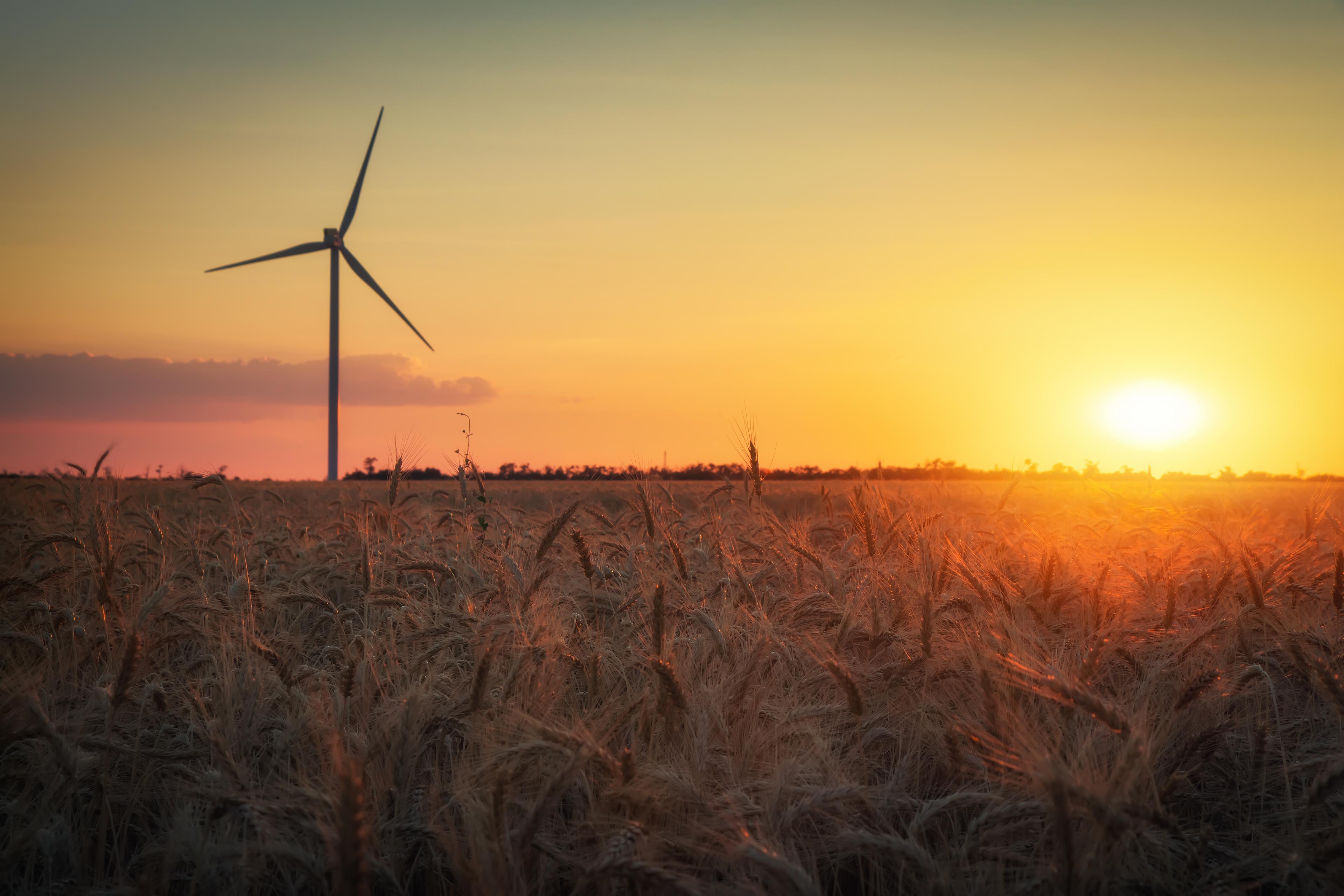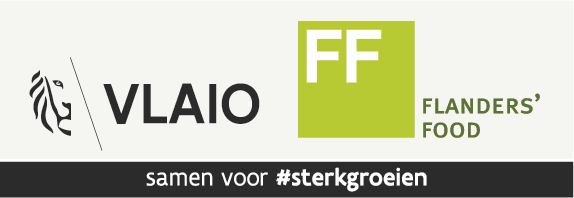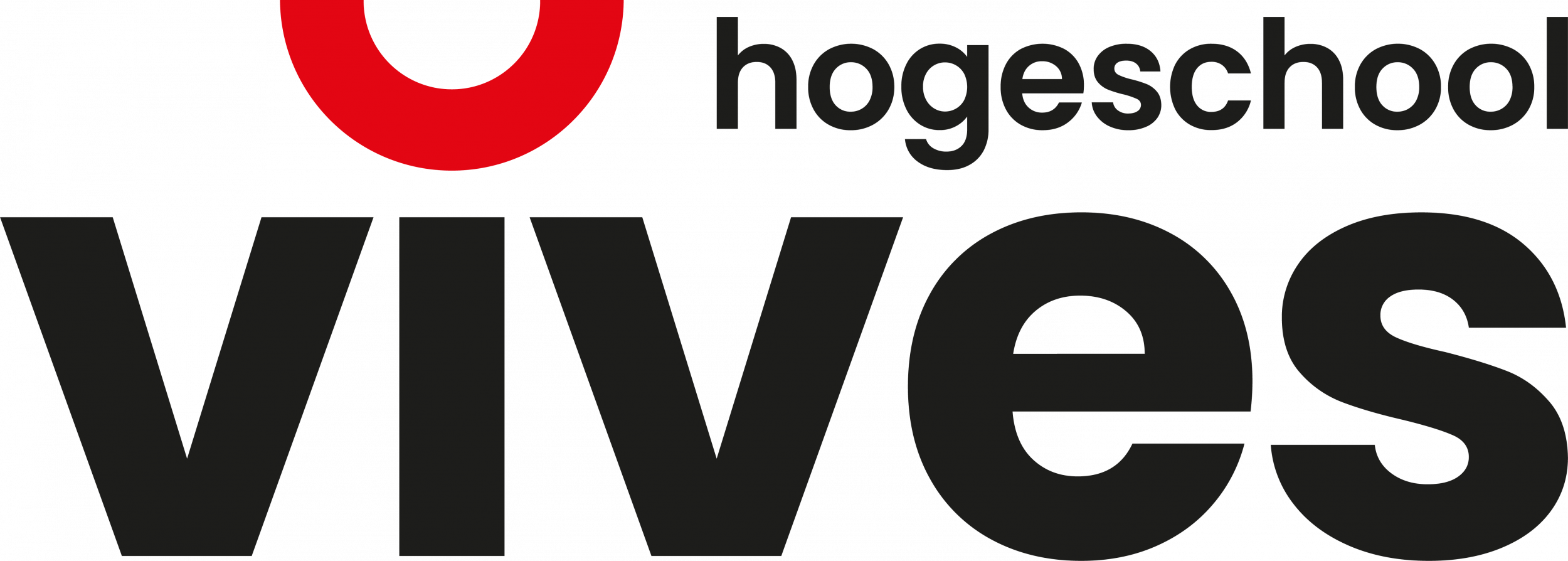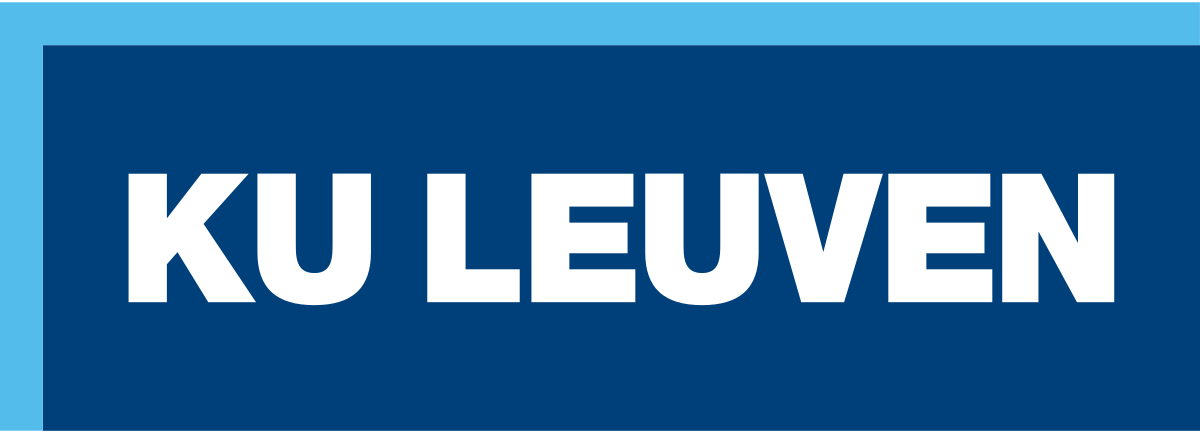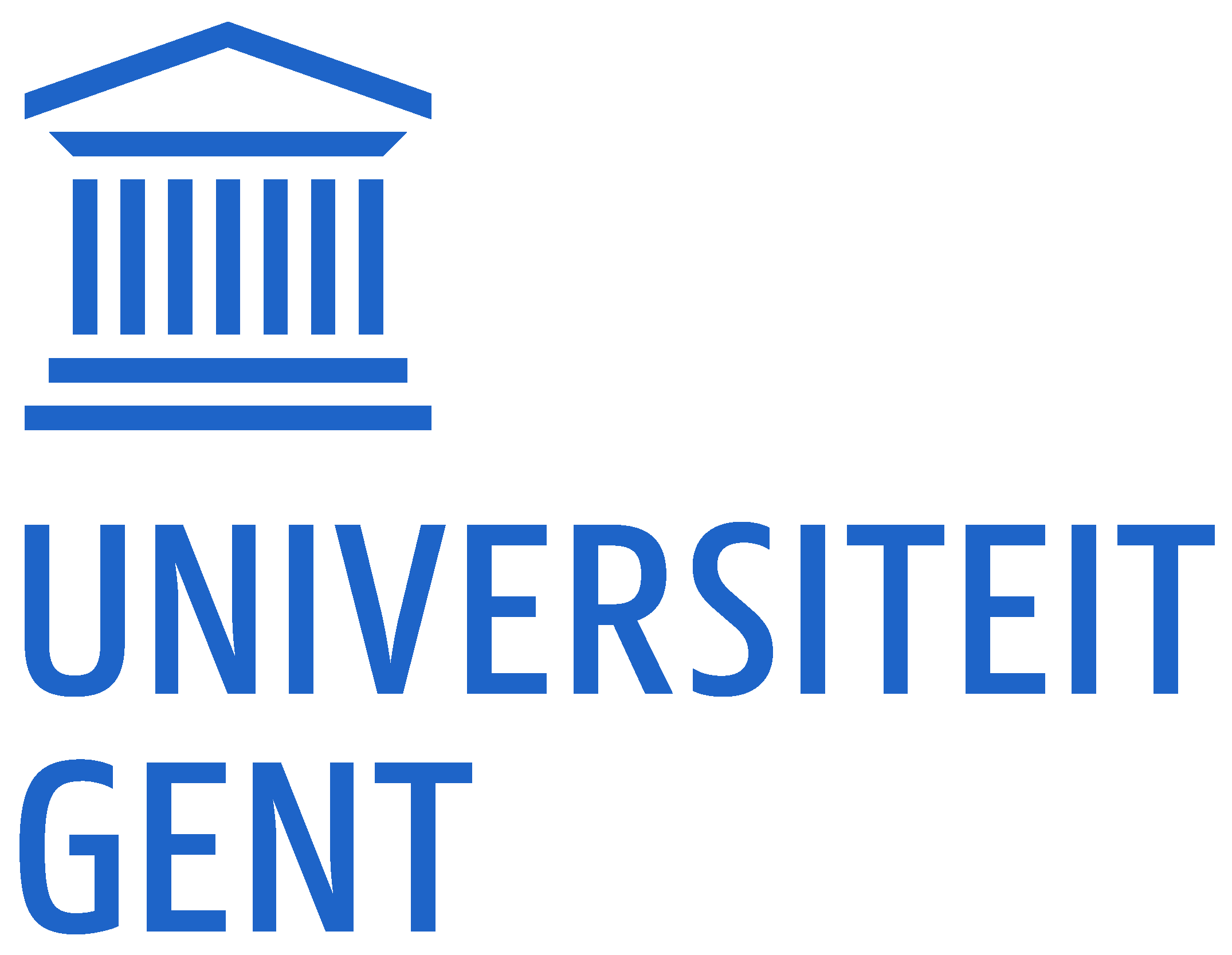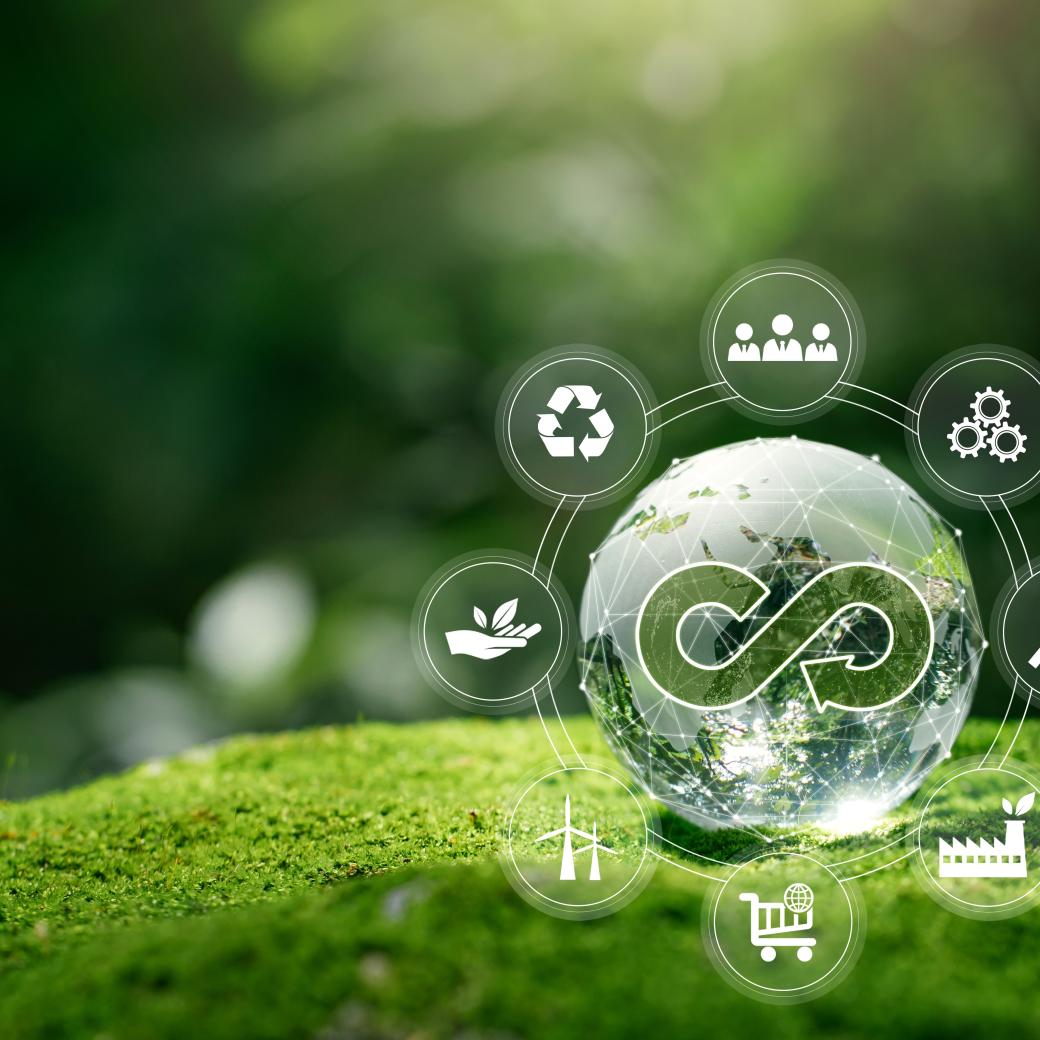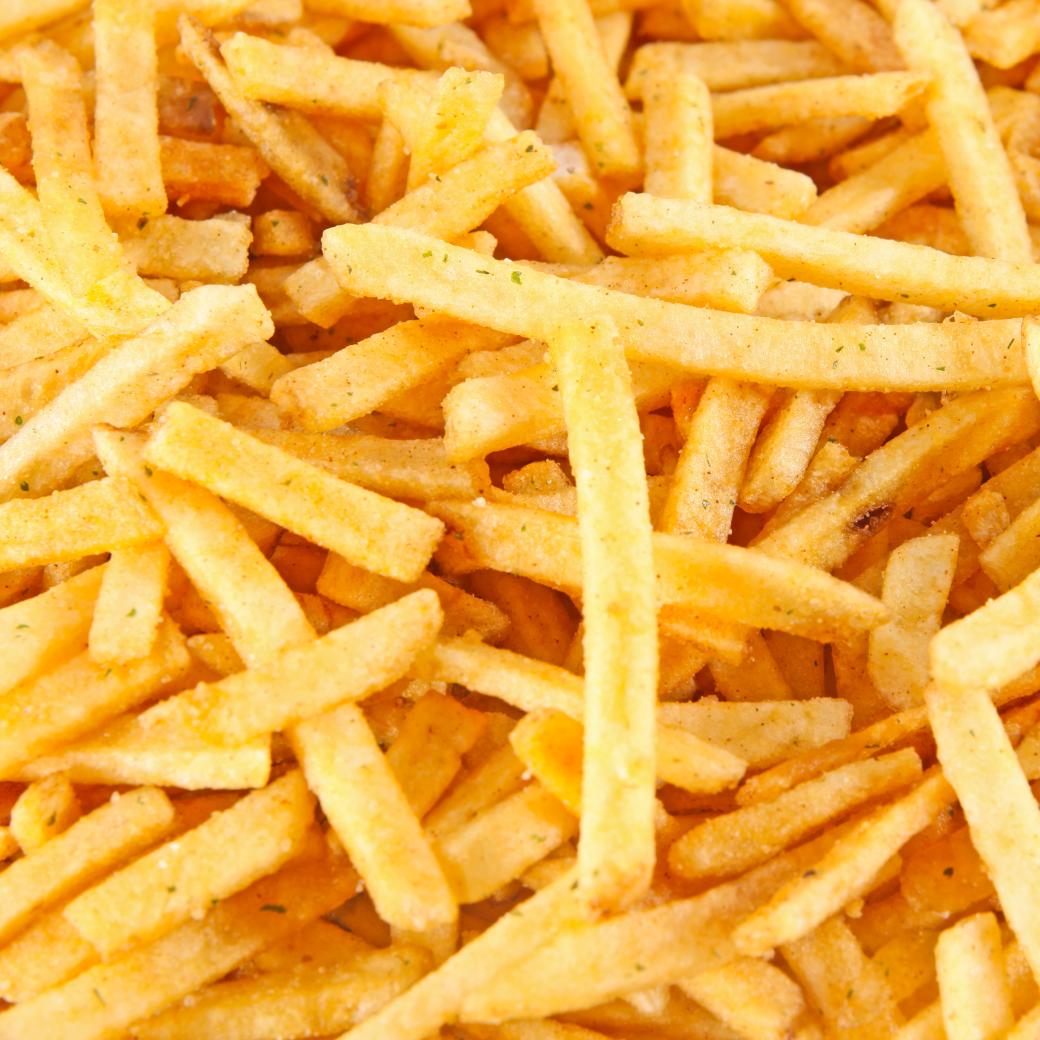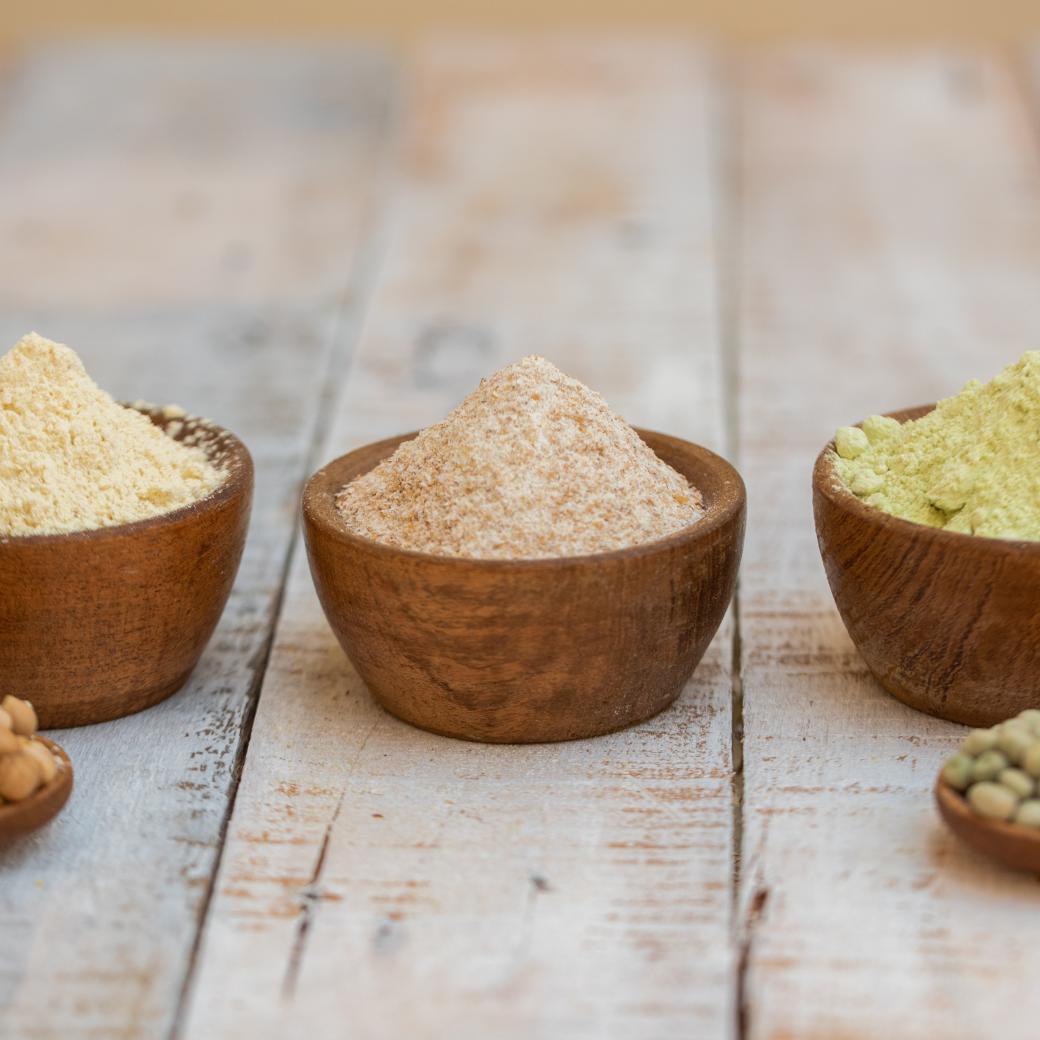Knowledge platform
In the knowledge platform, we will introduce companies to various technologies and applications to harness their energy transition. The knowledge from the project will be further disseminated through demonstrations, workshops, webinars, and publications. We will also focus on matchmaking between energy companies and food companies by organising an annual Energy 4 Food event, guided trade show visits, and Meet&Peek excursions. Besides this, there is also room for following up on new technologies and their applicability to the food industry.
